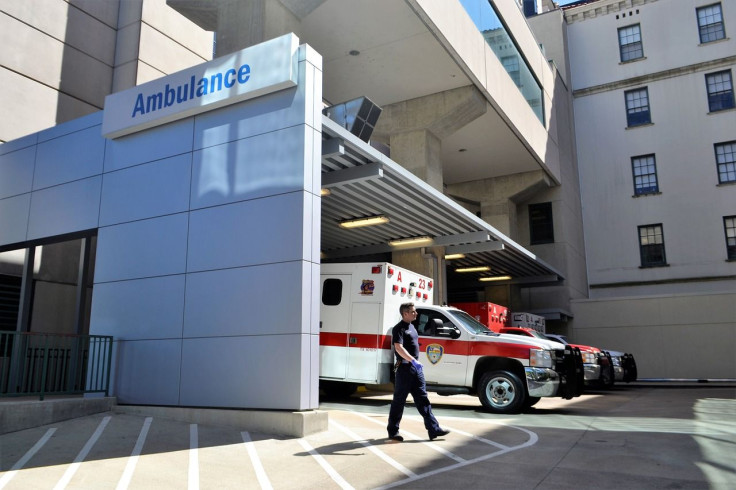Know the Major Warning Signs You May Be Suffering A Silent Heart Attack

A silent heart attack is a medical condition where a person may already be having a heart attack yet is oblivious to it. In some instances, symptoms are recognized after several days, or months and even years, following the attack.
Silent heart attacks can happen without any apparent warning. There are even times there is no warning at all. CardioSecur, the developer of the high-quality mobile ECG system, stated on their website that during heart attacks, a section of the heart muscle dies. They also revealed that while silent heart attacks are more common in men compared to women, they are usually fatal for women.
CardioSecur also said that the occurrence of a silent heart attack increases the risk of dying by at least three times due to heart disease. What are some of the significant signs indicating you already have a silent heart attack?
The Warning Signs
Known heart attack symptoms include sweating profusely, chest pain, and difficulty breathing. While symptoms of silent heart attacks are sometimes similar, they are not always the same. According to CardioSecur, possible symptoms can range from sluggishness, uneasiness, difficulty breathing, and fatigue.
Other symptoms include feeling faint, dizzy, or weak. These symptoms often go away on its own, or sometimes the intensity increases to the point that you feel you are about to collapse.
The Dangers
Silent heart attacks should not be ignored. Dr. Jorge Plutzky, a heart specialist at the Harvard-affiliated Brigham and Women’s Hospital, said that most people tend to ignore the symptoms. Many of them attribute physical discomfort or fatigue to overwork, lack of sleep, or some age-related pain or ache.
Silent heart attack warning signs like mild pain in the chest or throat have been interpreted by some people as either heartburn or gastric reflux. Dr. Plutzky says that silent heart attacks usually leave some damage and scarring to the heart. Many of those who have suffered from these attacks did not find the need to seek medical care, which then increases their risk of a subsequent, perhaps fatal heart attack.
Detecting the Silent Killer
Harvard Medical School stated that silent heart attacks could be identified by the electrocardiogram (EKG) or echocardiogram. These machines can pinpoint heart muscle damage.
Another way to detect them is through a blood test for molecular footprints of troponin T. This is a type of protein released by damaged heart cells. This is often the test used by emergency departments for patients exhibiting symptoms of a heart attack.
© Copyright IBTimes 2024. All rights reserved.





















